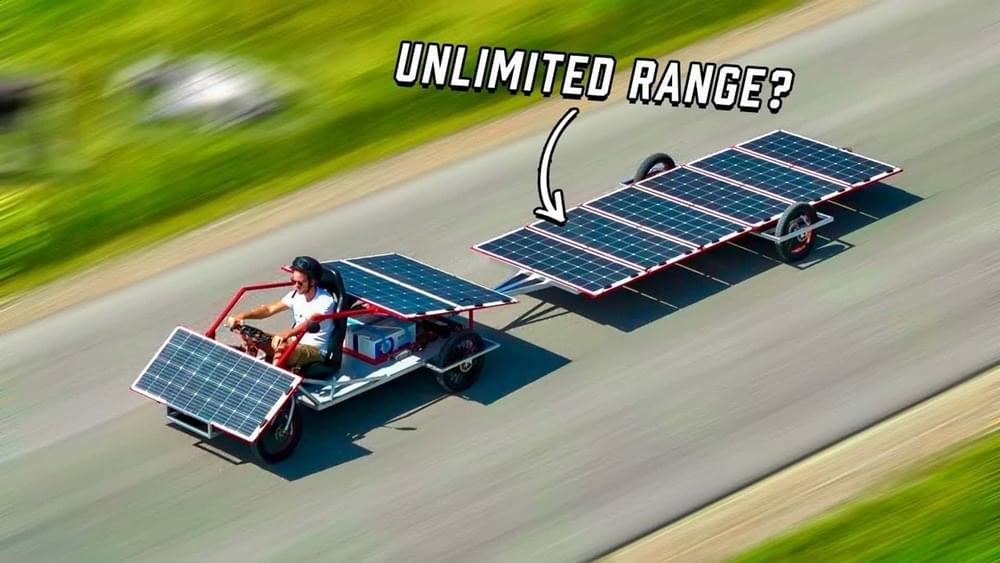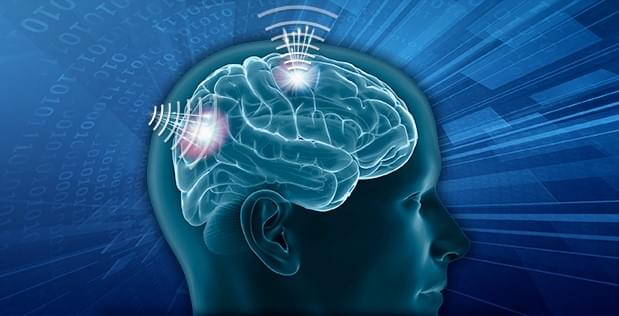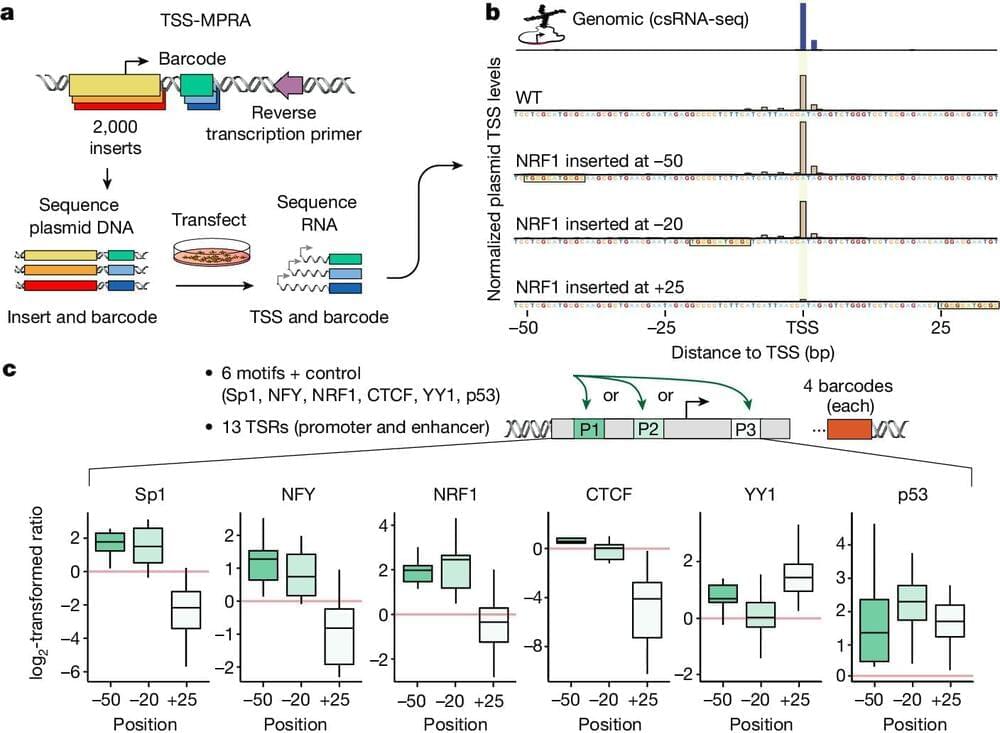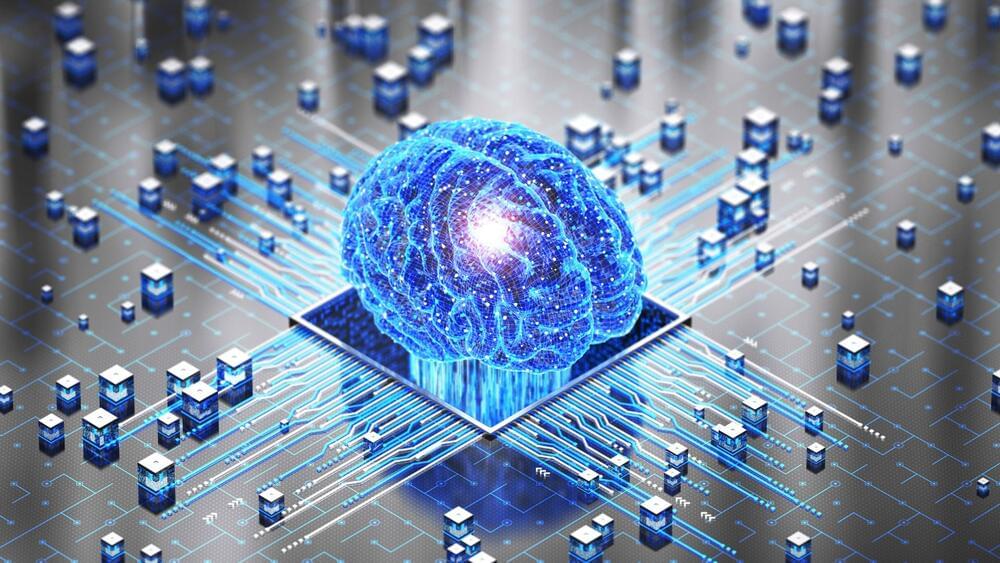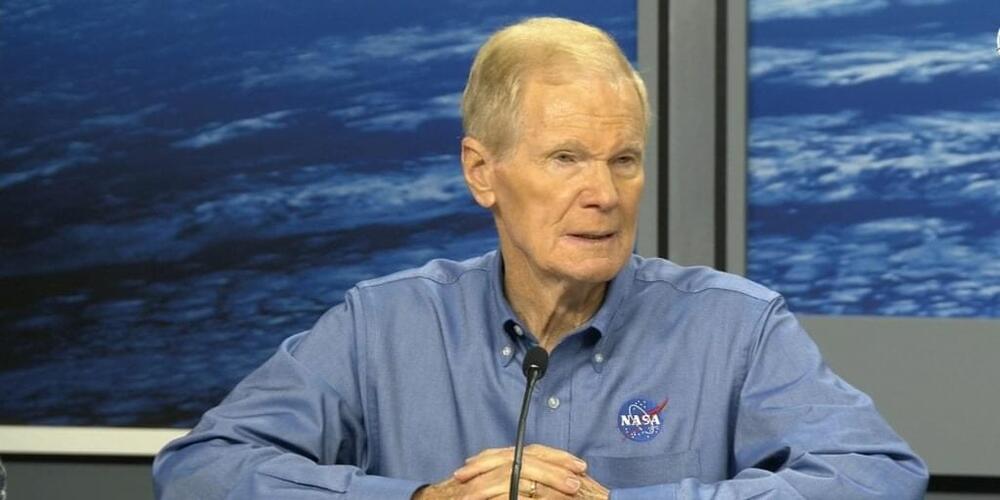Aug 26, 2024
Kagome Metals Unlocked: A New Dimension of Superconductivity
Posted by Saúl Morales Rodriguéz in categories: materials, quantum physics
Kagome metals exhibit superconductivity through a unique wave-like distribution of electron pairs, a discovery that overturns previous assumptions and may lead to the development of novel superconducting components.
This groundbreaking research, driven by theoretical insights and enhanced by cutting-edge experimental techniques, marks a significant step towards realizing efficient quantum devices.
For about fifteen years, Kagome materials with their star-shaped structure reminiscent of a Japanese basketry pattern have captivated global research. Only staring from 2018 scientists have been able to synthesize metallic compounds featuring this structure in the lab. Thanks to their unique crystal geometry, Kagome metals combine distinctive electronic, magnetic, and superconducting properties, making them promising for future quantum technologies.




